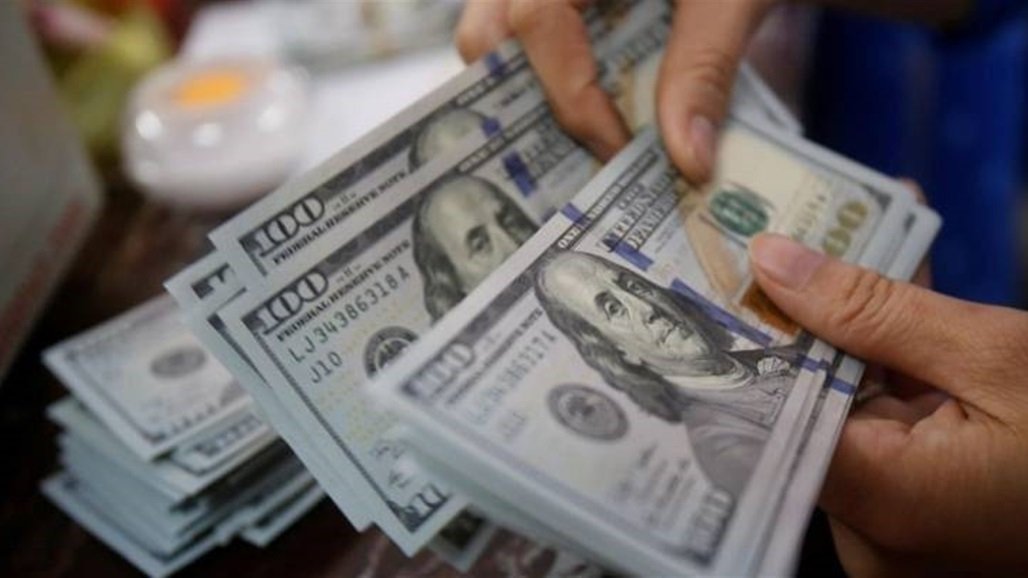The US dollar exchange rate in Iraq climbed higher on Monday as trading opened in Baghdad and Erbil. The increase reflects ongoing pressure in local currency markets as demand for the dollar continues to grow.
In Baghdad, the exchange rate at the Al-Kifah and Al-Harithiya stock exchanges reached 141,750 dinars per 100 US dollars. This marks a rise from Sunday’s rate of 141,600 dinars. Traders reported that the local market remained active throughout the day as buyers sought more dollars amid tightening supply conditions.
At Baghdad’s currency exchange shops, the selling price reached 142,750 dinars per 100 dollars, while the buying price stood at 140,750 dinars. These figures indicate a narrow but steady increase, showing that small shifts in supply and demand continue to affect daily trading patterns.
Meanwhile, in Erbil, the capital of the Kurdistan Region, prices also moved upward. The selling rate climbed to 141,550 dinars for every 100 dollars, and the buying rate stood at 141,450. The change was modest but consistent with trends seen in Baghdad, reflecting similar market behavior across Iraq’s major cities.
The movement of the US dollar exchange rate in Iraq often depends on several factors, including government policies, import demand, and foreign currency inflows. Traders note that ongoing regional tensions and fluctuations in global oil prices can also influence Iraq’s currency markets, given the country’s reliance on oil exports for revenue.
Economists observe that periodic increases in dollar prices are not unusual in Iraq’s free-market exchange system. However, they warn that continued volatility could raise import costs and add pressure to domestic markets. Stability in currency trading remains important to maintain consumer confidence and control inflation.
Market analysts expect the Central Bank of Iraq to monitor exchange activity closely in the coming weeks. Any intervention would likely aim to balance supply and demand, stabilize prices, and prevent sharp fluctuations.
For now, the US dollar exchange rate in Iraq remains a key indicator of market sentiment and economic stability. As trading continues, both Baghdad and Erbil will keep reflecting the broader financial mood across the country.


